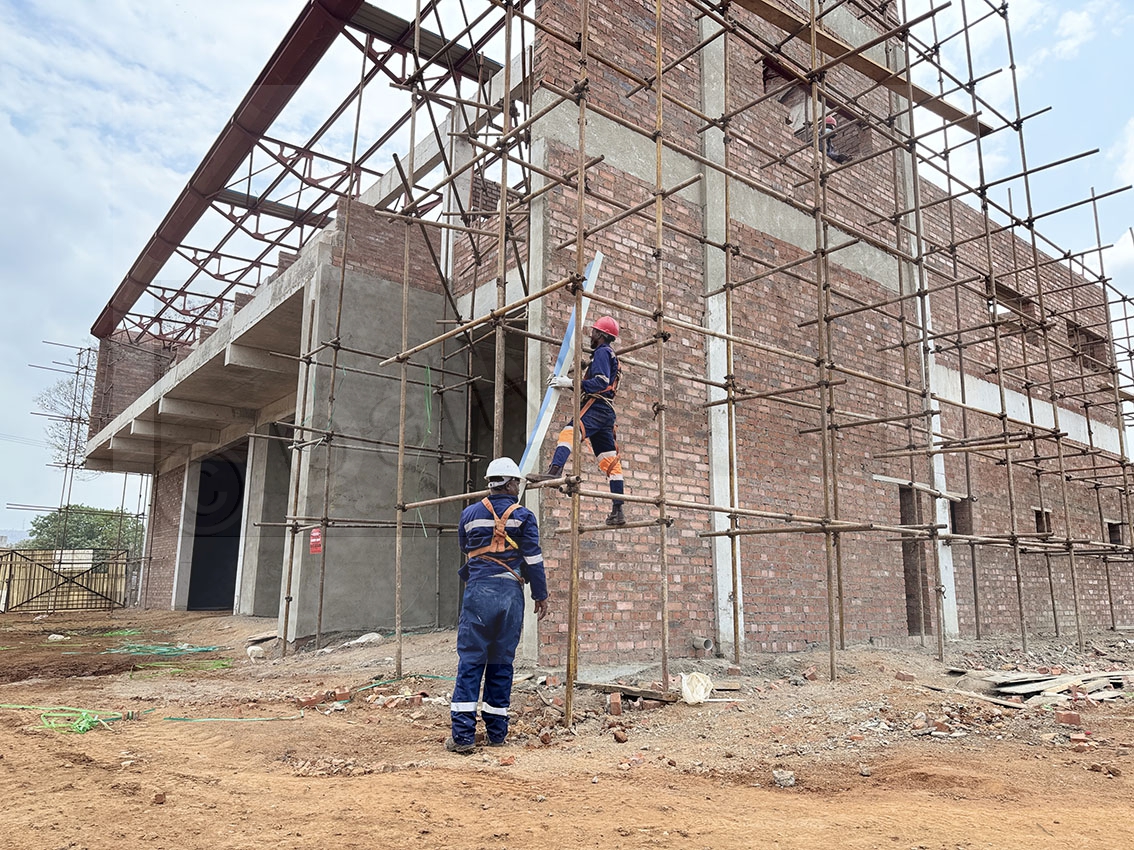SADC pushes for trophy hunting - Simasiku
11 Oct 2022
SADC countries who attended the 20th African Wildlife Consultative Forum (AWCF) in Mozambique recently have argued for trophy hunting saying it benefitted their communities.
This was said by the executive director of Ngamiland Council of Non-Governmental Organisations (NCONCO), Mr Siyoka Simasiku at a media briefing in Maun on Monday.
He said SADC countries wanted to trade in ivory in order to generate revenue that would support and promote long-term conservation initiatives and to protect biodiversity.
According to Mr Simasiku the SADC countries argued for trade in ivory in order to generate revenue that would support and promote long-term conservation initiatives and to protect biodiversity.
Since the region had high elephant population, Mr Simasiku also called for the status quo to be maintained.
He said some countries argued that they were not trading in ivory because of the moratorium in place and that they had stockpiles of ivory.
Quizzed on Botswana’s position, Mr Simasiku said they believed that issues of livelihoods should be taken into consideration when decisions were made. He said transferring Botswana’s elephant population to appendix one would negatively affect communities who generated income through issuing hunting quotas.
He also said trophy hunting was beneficial to rural communities and that they supported governments position of sustainable use of natural resources for the benefit of communities.
Currently, he said Botswana was on appendix two and that it allowed the country to issue hunting quotas to communities.
He said they called for the removal of some restrictions so that they could trade their ivory.
While they appreciate that CITIES regulated trade in threatened species, they believed it should also consider how trade bans impacted community livelihoods.
He said a proposal was also made to allow indigenous people and local communities to participate in decisions taken at CITES.
Some countries, he said, argued that communities should be given the opportunity to have an input in decisions taken at CITES and not to attend as observers only.
However, Mr Simasiku said some countries from especially North Africa proposed a trophy ban, arguing that poaching was on the rise and that allowing ivory sale would exacerbate the situation.
The 20th African Wildlife Consultative Forum (AWCF) provides a platform for common approaches to conservation challenges and creating a continent-wide strategy for wildlife management.
The five-day forum brought together a diverse group of stakeholders, international policy experts, wildlife biologists, senior government officials, professional hunting associations and community based support organisations to discuss sustainable wildlife conservation issues across Africa.
As such, Mr Simasiku noted that the meeting was part of the preparations for the upcoming CITES Conference of Parties in Panama city next month.
He said some of the proposals included amending annotation two pertaining to the elephant populations of Botswana, Namibia, South Africa and Zimbabwe.
He said NCONGO, through the Community Leaders Network of Southern Africa, had the opportunity to make a presentation about communities in southern Africa and the indigenous people.
He also said it was resolved that all parties should capacitate and recognise community forums, and that it was decided to establish an African group of negotiators for wildlife. ends
Source : BOPA
Author : Esther Mmolai
Location : MAUN
Event : media brief
Date : 11 Oct 2022





